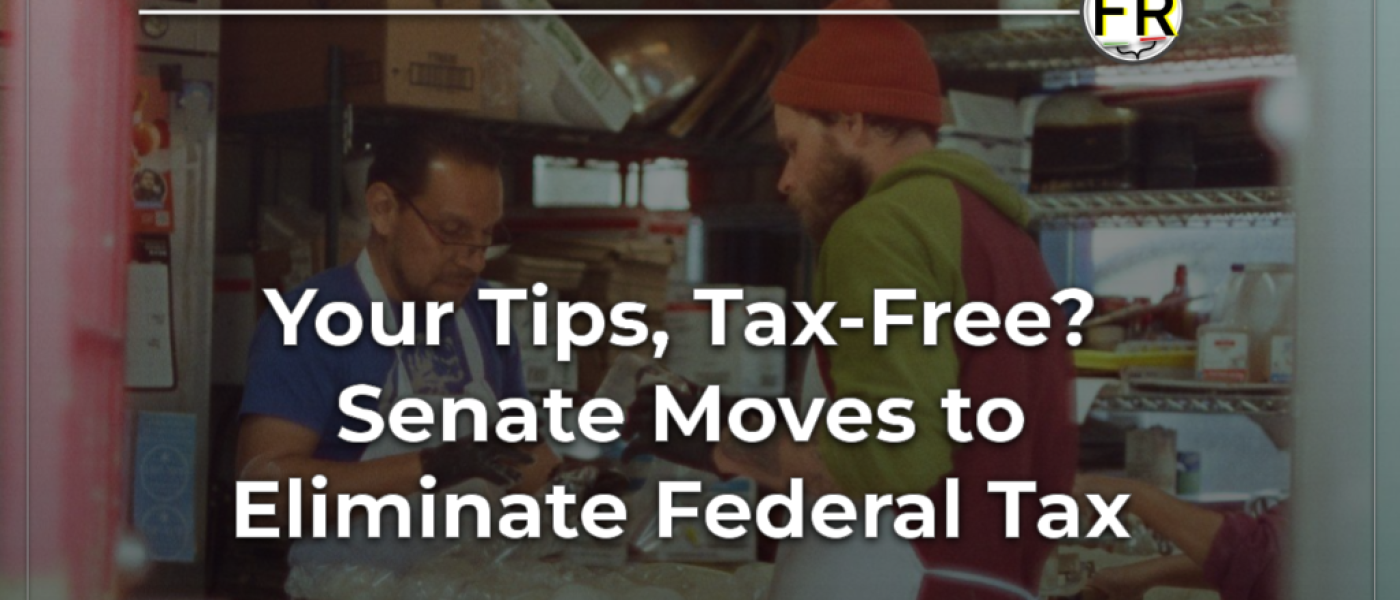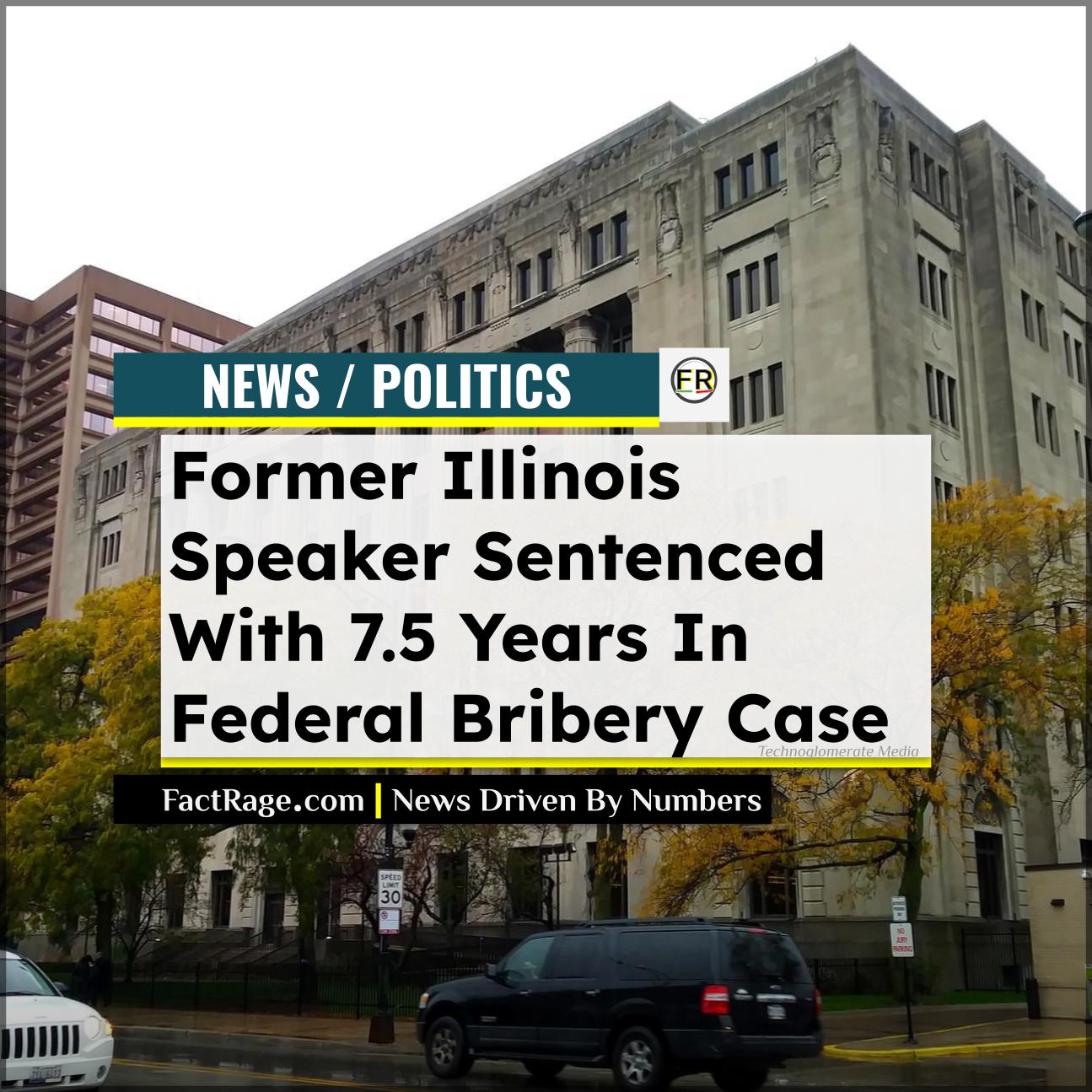WASHINGTON DC – The U.S. Senate has unanimously passed a bill that would eliminate federal income taxes on tips, a move that could significantly impact millions of tipped workers nationwide. The “No Taxes on Tips Act,” introduced by Senator Ted Cruz (R-TX), cleared the Senate with bipartisan support, raising questions about its prospects in the House of Representatives and the timeline for implementation.
- Senate Approval: The U.S. Senate unanimously passed a bill to eliminate federal income taxes on tips, a proposal championed by Senator Ted Cruz (R-TX).
- House Uncertainty: While the bill saw strong bipartisan support in the Senate, its reception and timeline for passage in the House of Representatives are currently unclear.
- Potential Impact: If enacted, the “No Taxes on Tips Act” could provide significant tax relief for millions of tipped workers by allowing a deduction of up to $25,000 annually on tip income.
Bill Details and Senate Passage

The proposed legislation offers a federal income tax deduction of up to $25,000 annually for cash tips received by eligible employees. This deduction applies to occupations traditionally and customarily receiving tips, such as waiters, bartenders, delivery drivers, and beauty service professionals. To qualify, employees must have earned less than $160,000 in the prior tax year and must report their tips to their employers for payroll tax withholding. The bill also expands existing business tax credits for employers on payroll taxes paid on tips to include beauty and spa services.
The bill’s unanimous passage in the Senate, achieved through a unanimous consent agreement, was a notable event, particularly for legislation involving tax code changes. Senator Jacky Rosen (D-NV), a co-sponsor, played a key role in advancing the bill, which aligns with a campaign promise made by President Donald Trump. Both Republican and Democratic senators lauded the bill as an example of successful bipartisanship, aimed at providing financial relief to working Americans. Estimates from the center-right Peter G. Peterson Foundation suggest the bill could cost $110 billion in federal revenues over 10 years.
House Prospects and Timeline

While the Senate’s unanimous vote signals strong support there, the level of enthusiasm in the House of Representatives remains less clear. The bill now moves to the House, where its reception could differ. Historically, major tax code changes can face more rigorous debate and potential amendments in the House. It is not uncommon for bills, even those with strong Senate backing, to encounter hurdles or be significantly altered in the House.
If the “No Taxes on Tips Act” passes the House without substantial changes and is signed into law, the exact timeline for its implementation would depend on the bill’s specific effective date provisions. Typically, tax law changes can take effect at the start of the next tax year following enactment, or on a specific date outlined within the legislation. Workers earning tips should monitor congressional developments closely for more precise information on when these tax changes might begin to benefit them.











